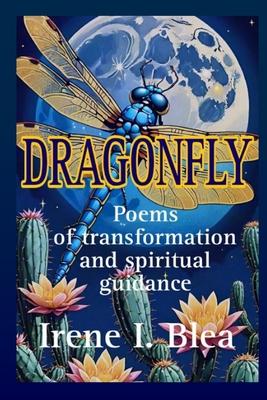I do not want to die at home on a sweltering summer afternoon when everyone is working and not be found for a week bloated and smelling on the bathroom or kitchen floor. If I must leave this world, it should be after viewing the golden firefly that visited me in my yard each year one more time.I am not okay living to a hundred, but do not want to die before I inform you that throughout my life, I wrote much poetry and that I was one of few women at the forefront of Chicano literature. This type of poetry was an important literary movement. Chicano and Chicana poetry was rooted in resistance to class discrimination, racism, and sexism. Early poets of the time created a genre that added to American literature another category. We had unique philosophical, topical, and aesthetic features different from the divisions of genres of the time.This literary movement provided language for comparing, contrasting, and discussing literary words and works, and served as an introduction to the formation of curricula and anthologies.
In this collection of fifty years of her poetry, Dr. Irene I. Blea brazenly relates her efforts to understand what she thought was wrong with her. She came to an understanding of social and historical factors that misinformed her colonized mind. Decolonization demanded evaluating her mind, body, and spirit and how she fed into it. She portrays decolonization as a complex process involving the rejection or redefinition of the colonizer's language, embracing her own tri-cultural history, and commitment to ongoing learning and growth. This is a lifelong process that requires dedication and struggle to create a more just and equitable world and the author shares her transformation from the prescription of traditional female roles riddled by confusion and conflict to one of peace, under standing, and redefinition. This was a physical, psychological, and spiritual process that brought her to the understanding of what it means to be a female human in a sometimes hostile world.
